Featured Blog
“I can walk again”: hope for amputees in Gaza
As of April 2025, the UN reports that 4,500 people have lost limbs due to the ongoing conflict, including more than 800 children. Many have been left to suffer with limited or no access to medical care and support.

Specialists assist a man and a young boy as they relearn how to walk with their artificial legs. Photo: Caritas Jerusalem
View Filter
Filter by
Clear Filters
Filter by
Viewing 1-20 of 323
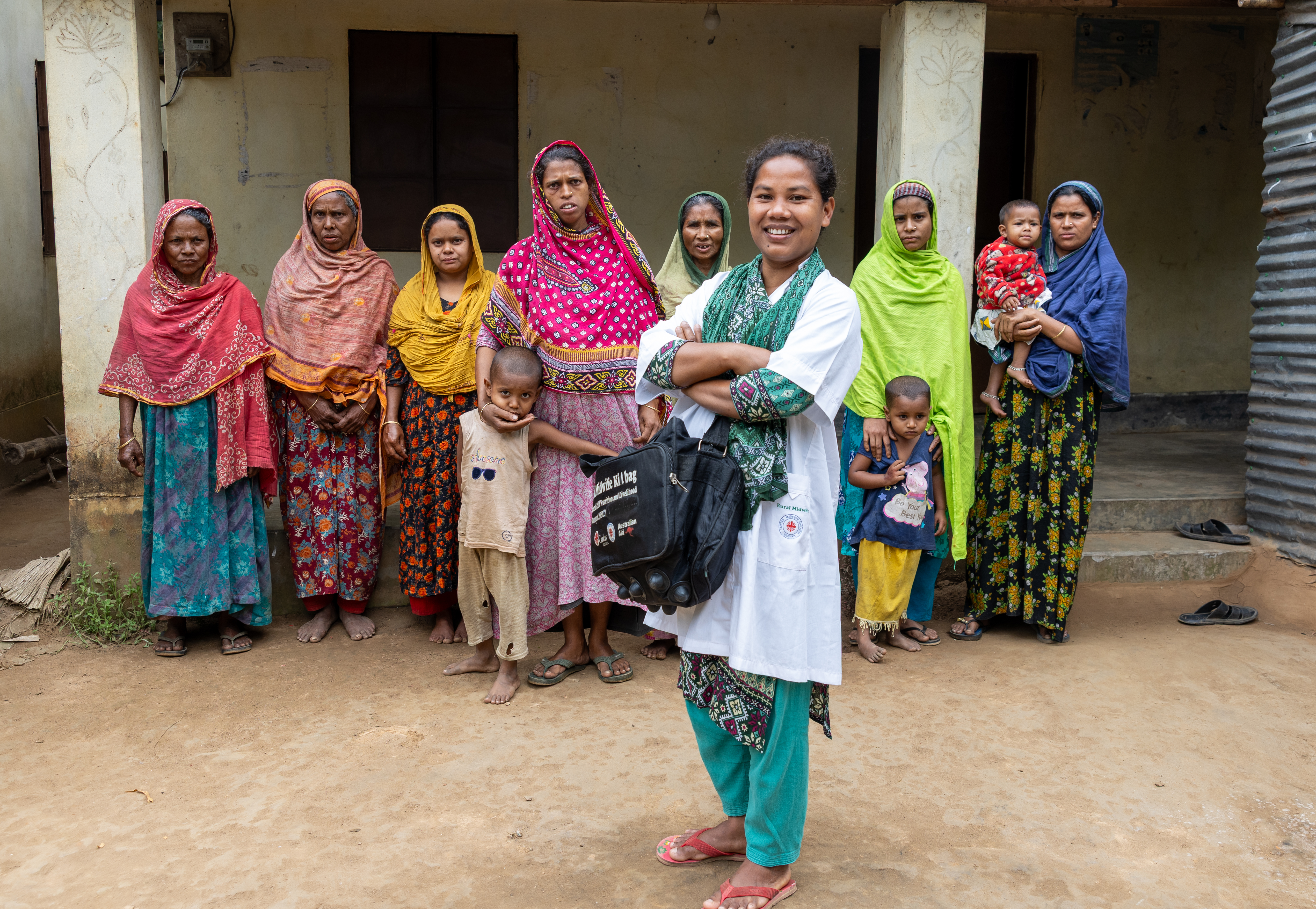
Pronali standing with women from her village in Bangladesh. Photo: Sumon Corraya/Caritas Bangladesh.
Caritas Australia’s Women for the World campaign is a celebration of women everywhere. It honours their achievements, their resilience, and their leadership. But it is also a call to action. By standing with women and girls, we can help build a future where every woman has the chance to thrive.
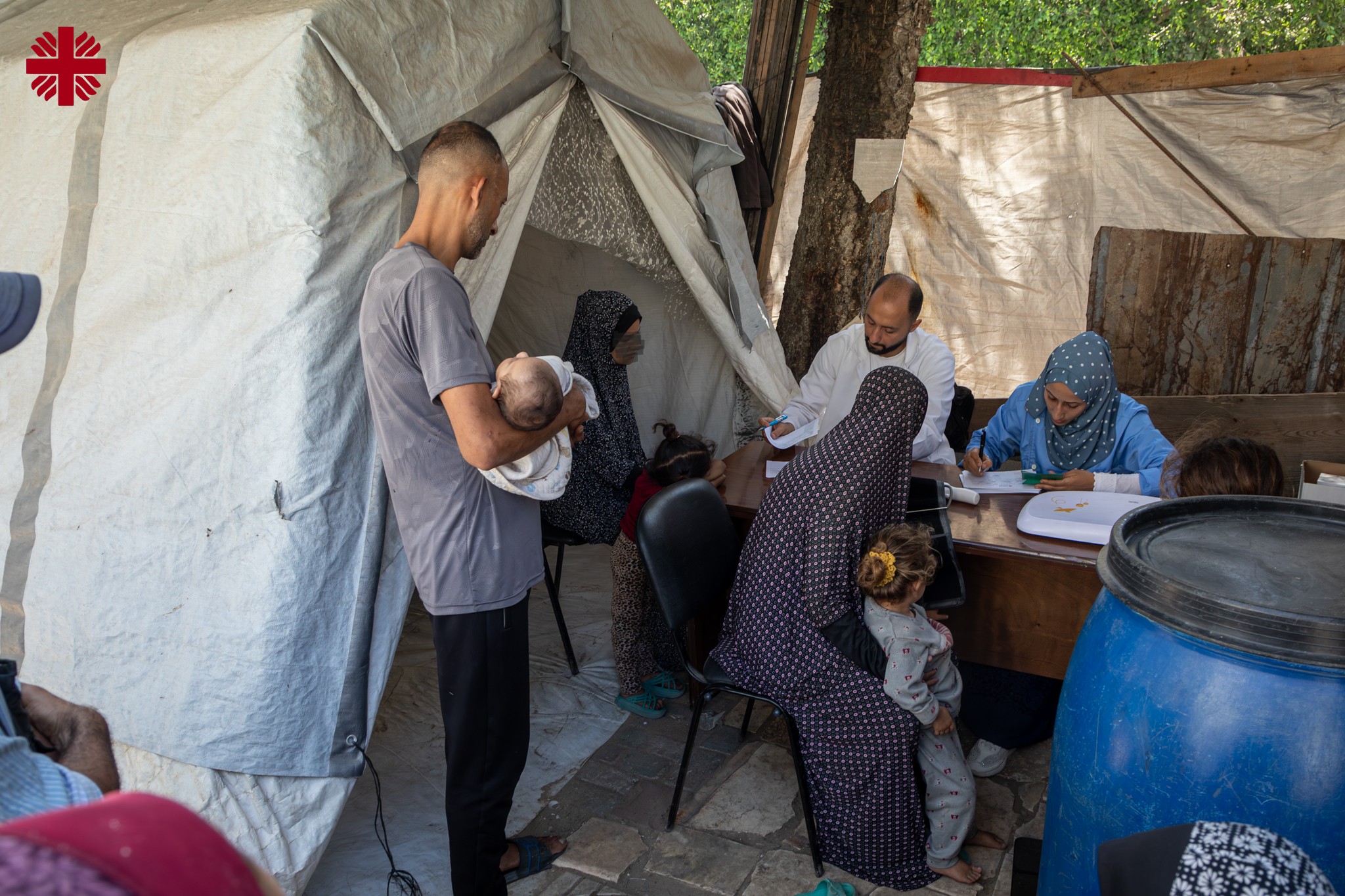
A family receives humanitarian support in Gaza. Photo: Caritas Jerusalem.
Caritas Australia supporters have called on the Australian Government to stop Israel’s new NGO registration scheme. We are delivering the pledge this week, urging greater access to aid in Gaza.
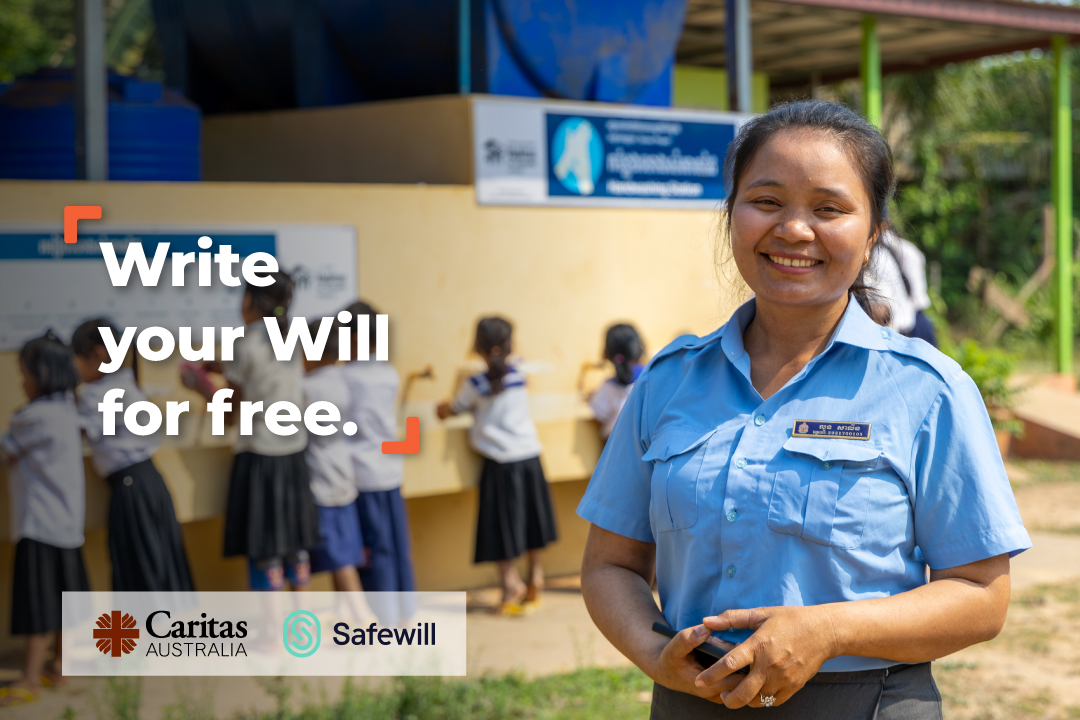
From 1 to 15 September, you can prepare your Will online for free. You can even start now, save your progress and submit it during the offer week to access the free service.
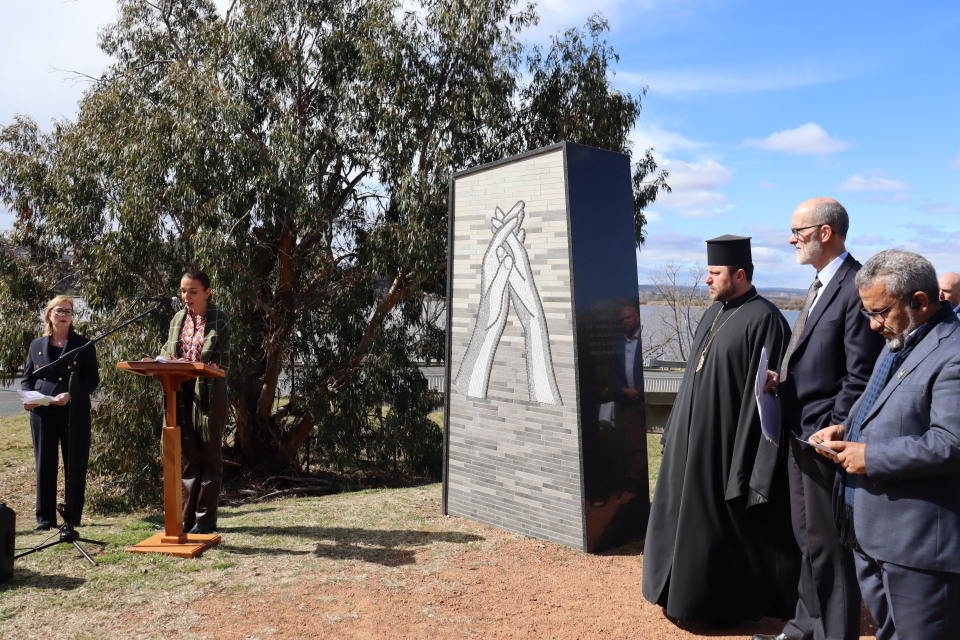
L-R Kirsten Sayers, Dr Anne Aly, Cardinal Mykola Bychok, Matthew Maury, Samir Bennegadi. Photo credit: ACFID.
25 AUG 25
Kirsten Sayers, CEO, Caritas Australia writes on the increased danger to humanitarians at a time when they are needed more than ever
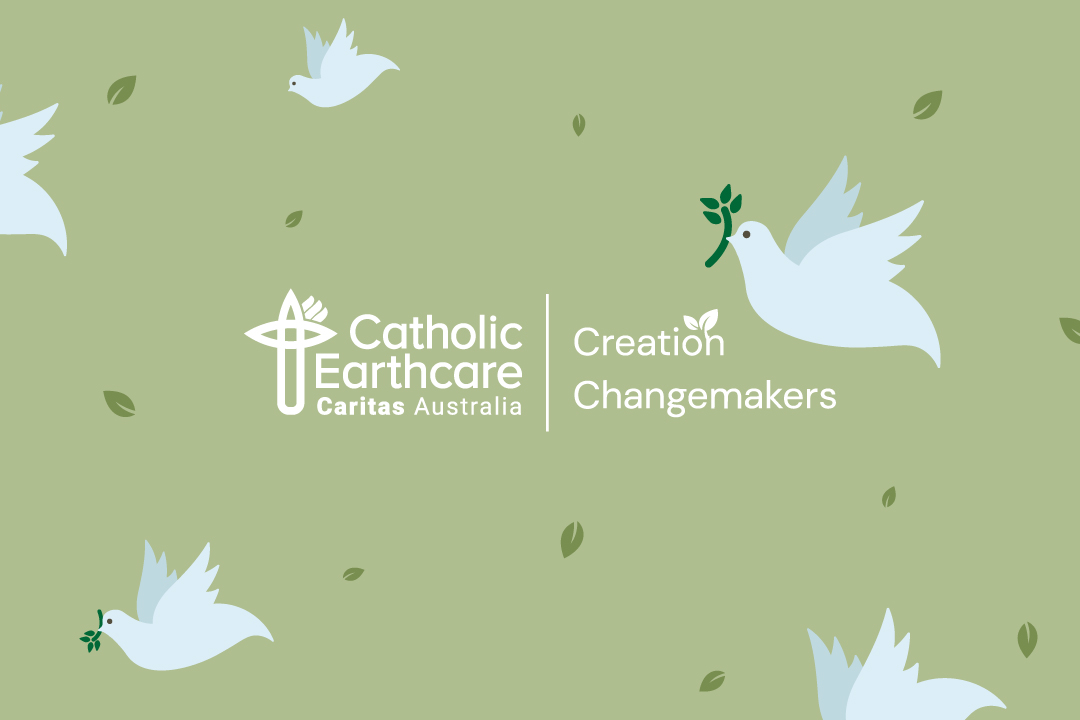
22 AUG 25
Held annually from 1 September to 4 October, the Season of Creation is an ecumenical celebration where Christians around the world unite in prayer and action for the Earth.
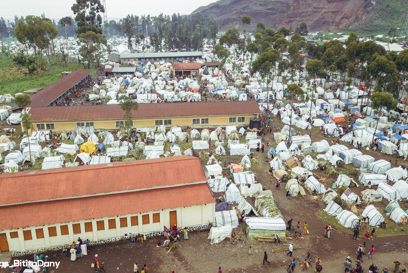
IDP camp in Democratic Republic of Congo. Photo Bitita Dany/Caritas Goma.
In a world marked by conflict, political instability, climate change and economic hardship, more than 122 million people have been forcibly displaced from their homes – the highest number ever recorded. Behind this staggering figure are real people facing unimaginable loss and uncertainty.
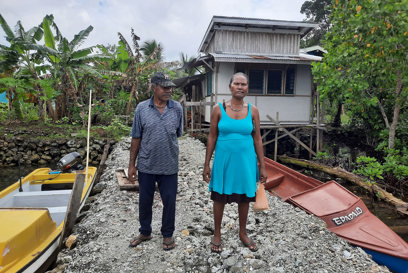
Abraham and Gladys have seen firsthand the impact of climate change on their community in Malaita, in the Solomon Islands. Photo: Rose Clough/Caritas Australia
31 JUL 25
A July 2025 ICJ ruling has brought human rights and climate change together – a landmark for frontline communities and climate justice.
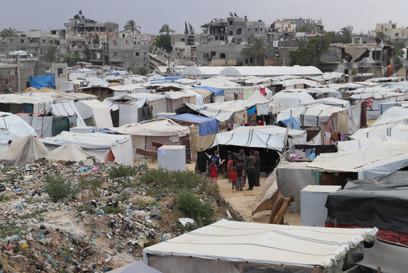
CRS and partners have provided tarps, shelter and WASH support across displacement sites. Photo: CRS
30 JUL 25
Families in Gaza are enduring catastrophic conditions as hostilities escalate and basic necessities for survival vanish.

Worknesh lives in a region in southern Ethiopia that is prone to droughts. Photo: Maheder Tadesse/Caritas Australia
The latest State of Food Security and Nutrition in the World 2025 report has revealed that rising food‑price inflation, climate shocks, conflict and economic instability are major threats to tackling world hunger.
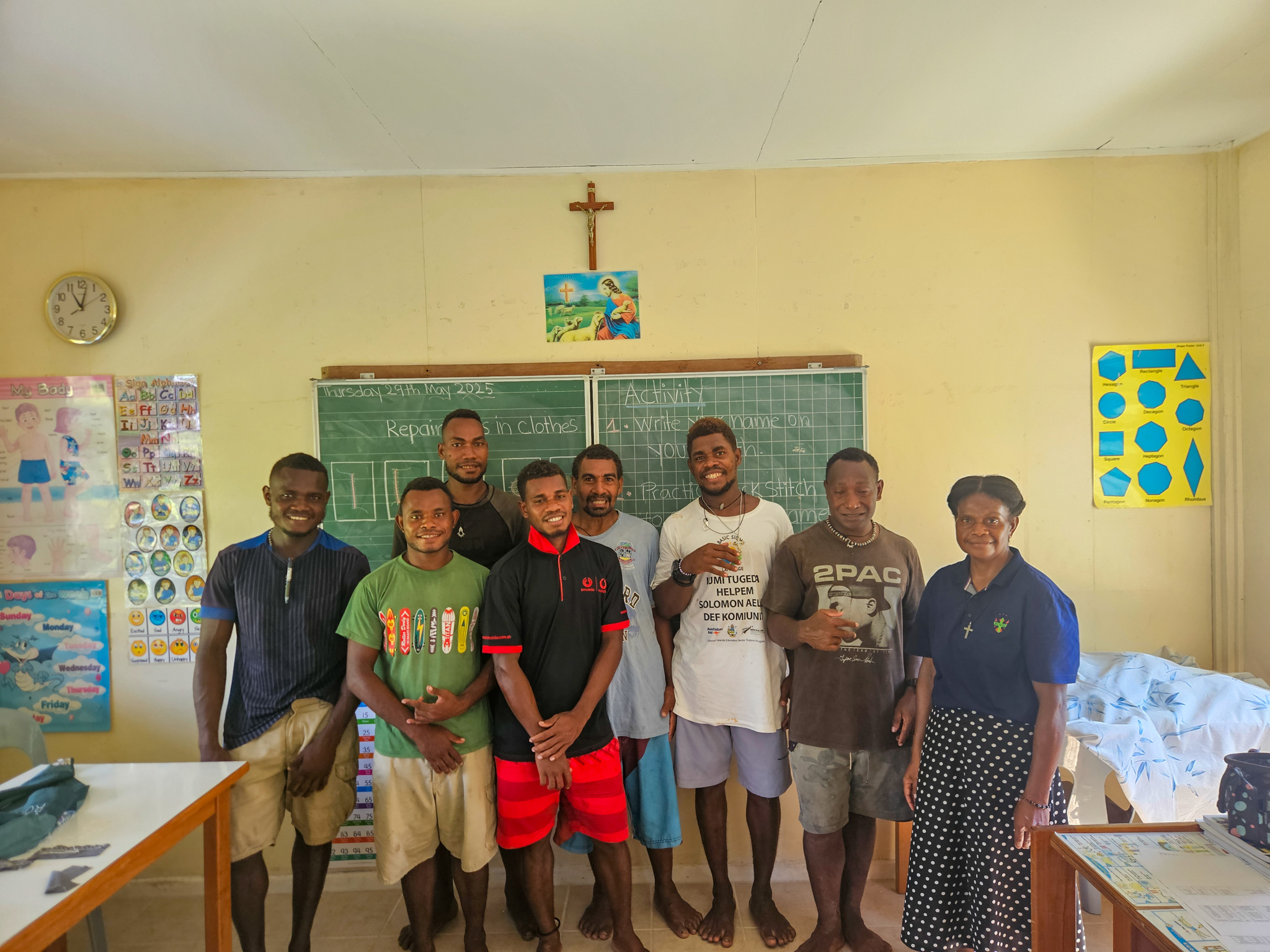
Students at a Rural Training Centre in Solomon Islands. Photo: Caritas Australia
The Strengthening Rural Training Centre projects supports three Rural Training Centres (RTCs) to provide vocation skills training to students in the Solomon Islands, including young people living with a disability, students from remote communities and early school leavers.
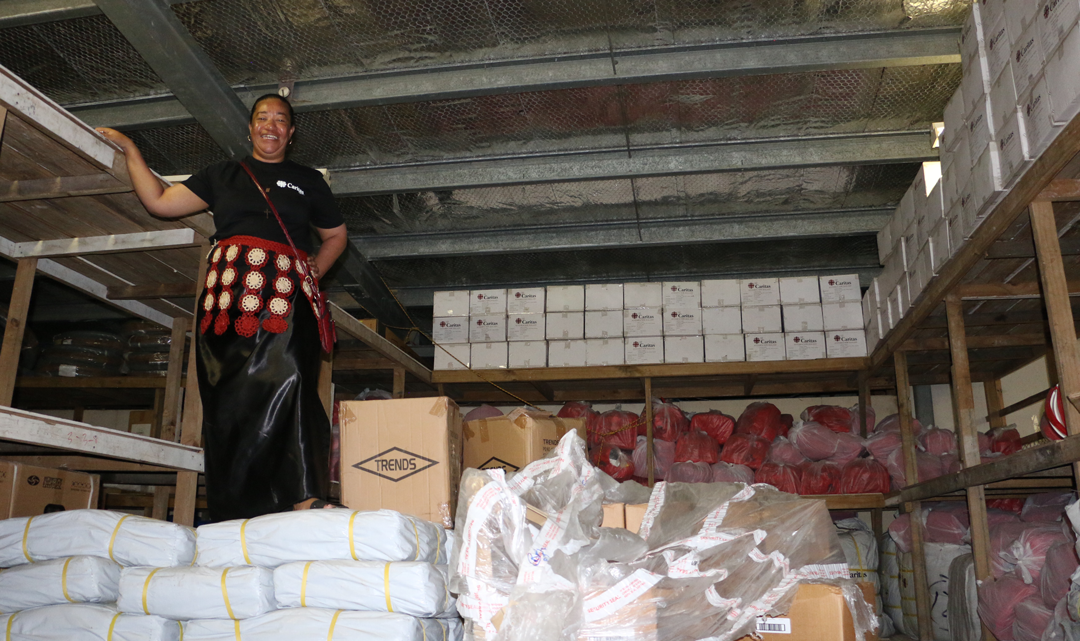
Tonga is in the pacific ring of fire, which means it is characterised by active volcanoes and frequent earthquakes. Tonga needs warehouses to store emergency supplies. Credit: Rachel
In an era marked by escalating climate-related disasters, the importance of disaster preparedness has never been more evident. For communities like those in the Pacific, where sea level rise is already having an impact, proactive measures are essential to mitigate the devastating impacts of natural calamities.
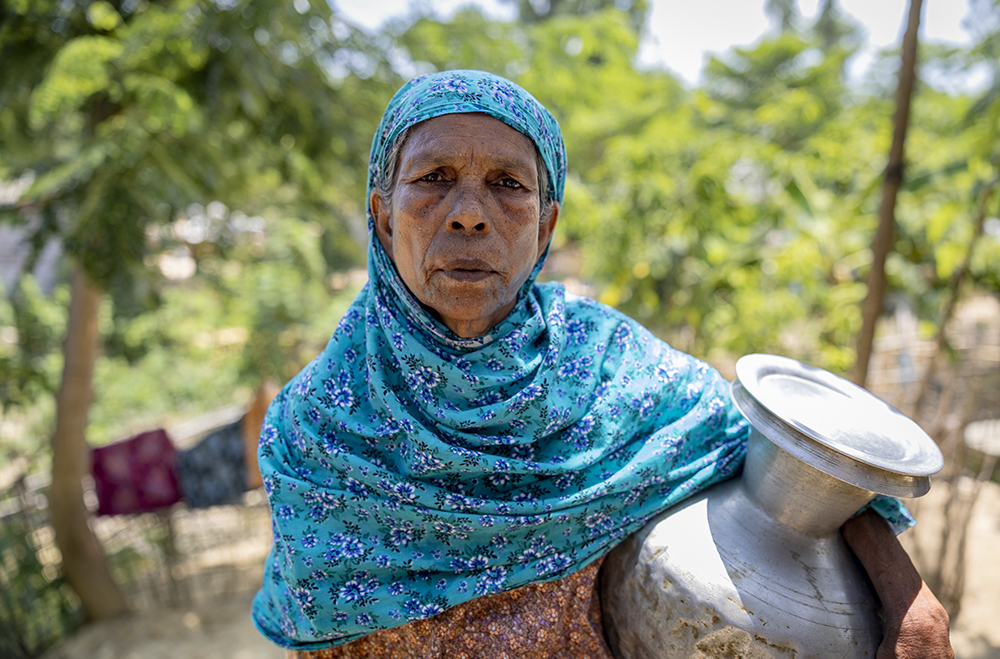
Sakhina, a Rohingya refugee, carries a vessel of water as she looks at the camera. The vessel and tap water access was provided by Caritas Australia's partners, Caritas Bangladesh. Photo: Caritas Australia
Crises are occurring with more frequency and intensity, driven by global political instability, conflict, and the impacts of extreme weather events driven by climate change. A record number of people – over 120 million worldwide – have been forced to flee from their homes due to emergencies and crises.

Specialists assist a man and a young boy as they relearn how to walk with their artificial legs. Photo: Caritas Jerusalem
As of April 2025, the UN reports that 4,500 people have lost limbs due to the ongoing conflict, including more than 800 children. Many have been left to suffer with limited or no access to medical care and support.
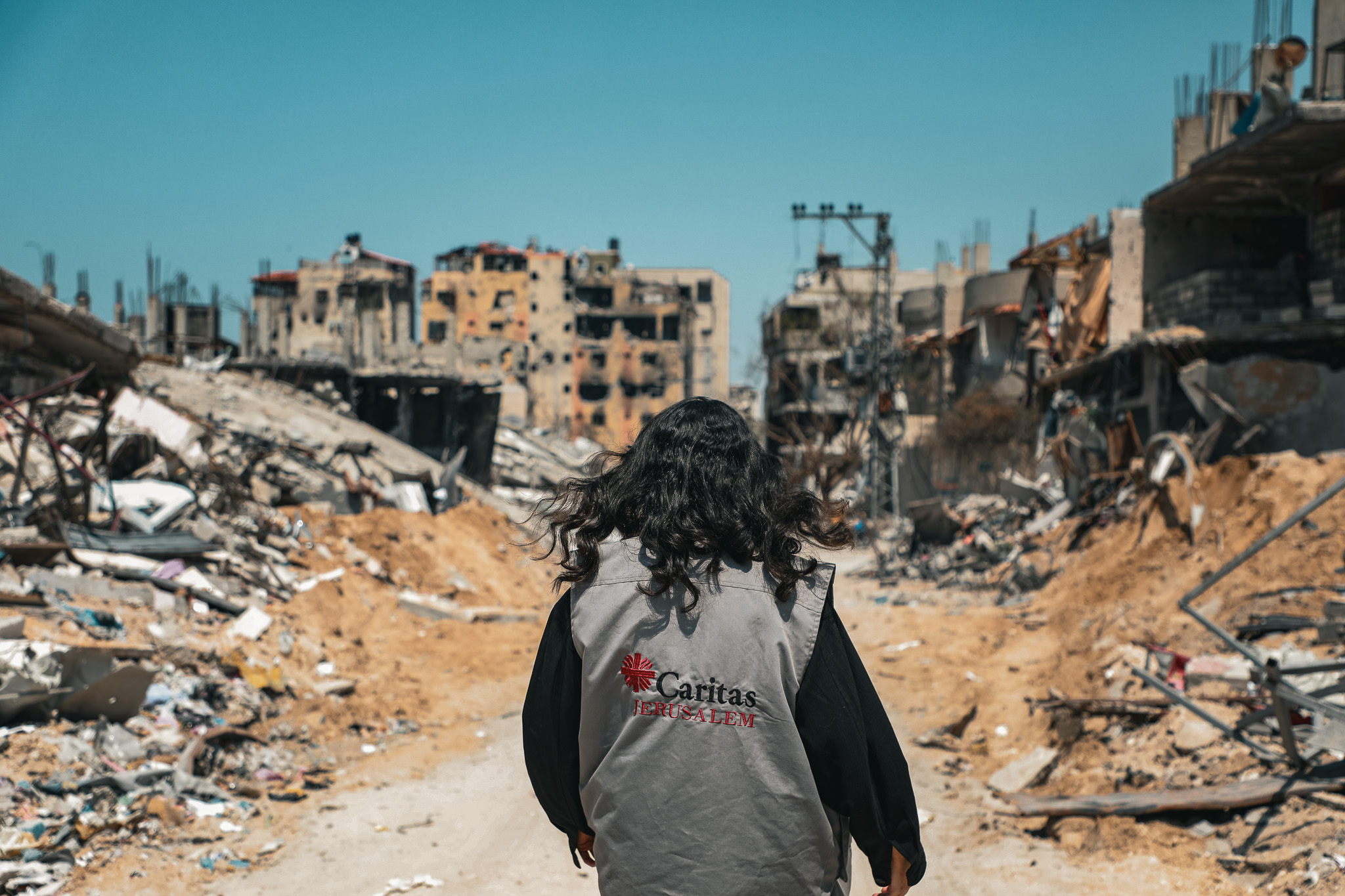
A Caritas worker walks through the destruction in Gaza. Photo: Caritas Jerusalem
As the crisis in Gaza deepens, Caritas Australia is intensifying its call for peace and urgent humanitarian access.

Caritas Australia shares updates from its six First Australian Partners this Reconciliation Week

Leaia and her family outside their home in Samoa. Photo: Laura Womersley/Caritas Australia
As the global Catholic Church celebrates the Year of Jubilee in 2025, Caritas Australia is joining a renewed call for justice, equity and economic reform through its support of the Turn Debt into Hope campaign.

Abraham and Gladys have seen firsthand the impact of climate change on their community in Malaita, in the Solomon Islands. Photo: Rose Clough/Caritas Australia
15 MAY 25
As we move into a new chapter of the life of our Catholic community, it is good to pause and give thanks for the wonderful gift that was the papacy of Pope Francis. Among his most notable teachings is Laudato Si, the tenth anniversary of which we mark this year.
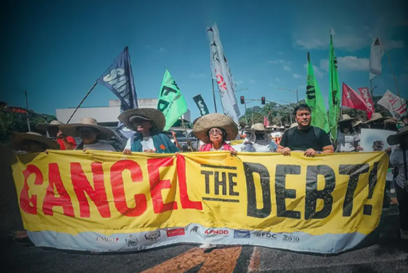
Protestors asking for debt to be cancelled. Photo credit: CAFOD.
Caritas Australia’s Turn Debt Into Hope campaign highlights the devastating effects on development that the global debt crisis has on countries of the Global South.
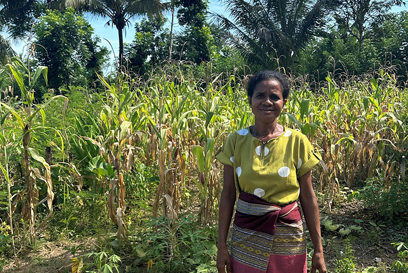
Maria is a farmer living in Indonesia. Photo: Caritas Australia
As climate change intensifies across Indonesia’s eastern provinces, farmers in Nusa Tenggara Timur are among the hardest hit.
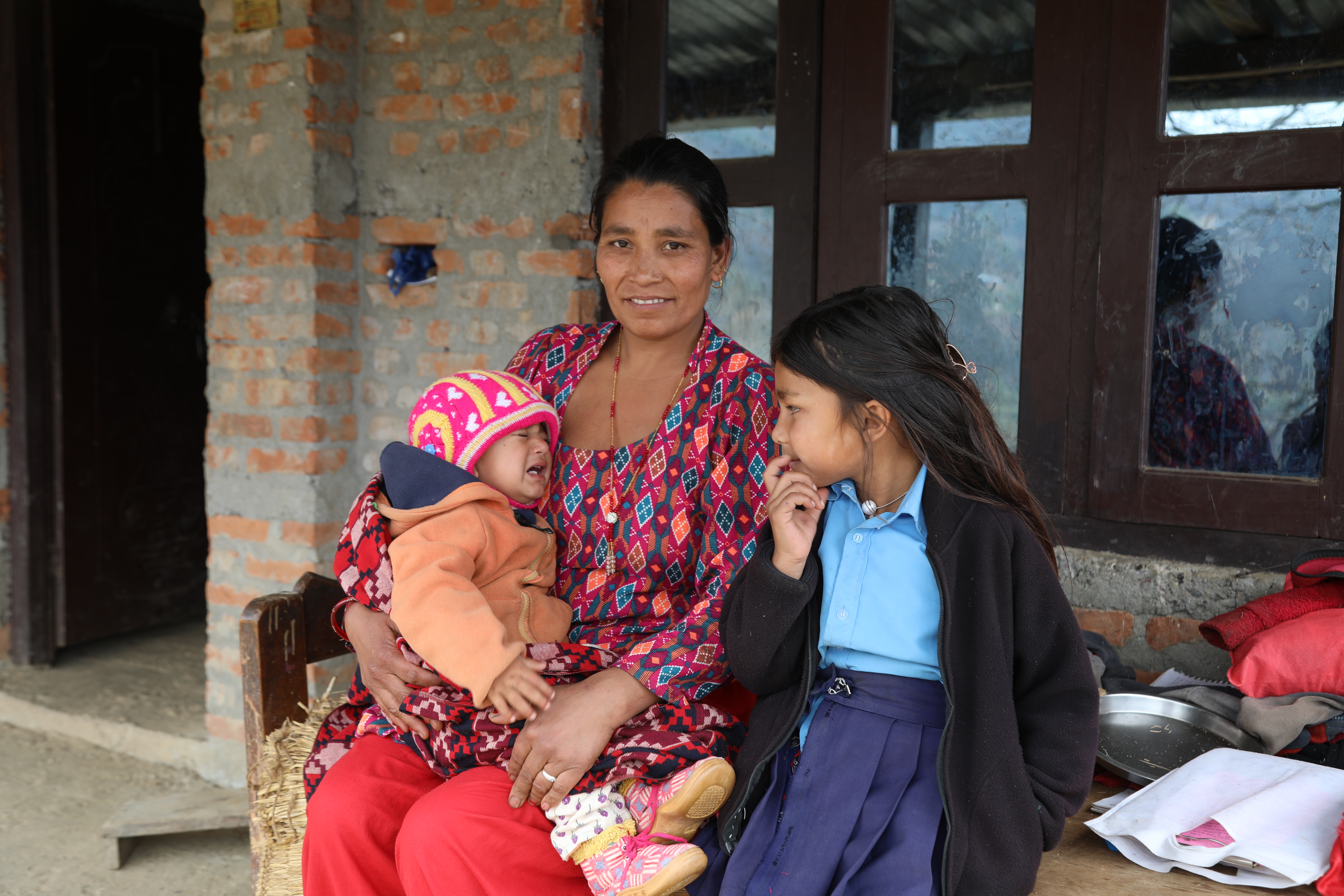
Suntali and her daughters. Photo: Photo: Madan Bhusal/Caritas Nepal.
On April 25, 2015, a massive 7.8 magnitude earthquake shook Nepal to its core, leaving devastation in its wake. Thousands of lives were lost, homes and historic buildings crumbled, and millions of people were suddenly without shelter.

Pope Francis. Photo: Vatican Media
We give thanks for Pope Francis’ extraordinary legacy, and we commit to carrying his vision forward in our work and our lives.
What can we help you with?
Speak with us
Call our Supporter Services team for assistance. Our lines are open Mon-Fri 9am-5pm AEST.
1800 024 413Contact Caritas Australia
Send us an enquiry and we’ll be in touch. We’d love to hear from you!
Contact UsSee our FAQs
Visit our FAQ page to learn more about the work of Caritas Australia and find answers to our most frequently asked questions.
FAQsDonate now to provide support where it's most needed today
Donate Now











